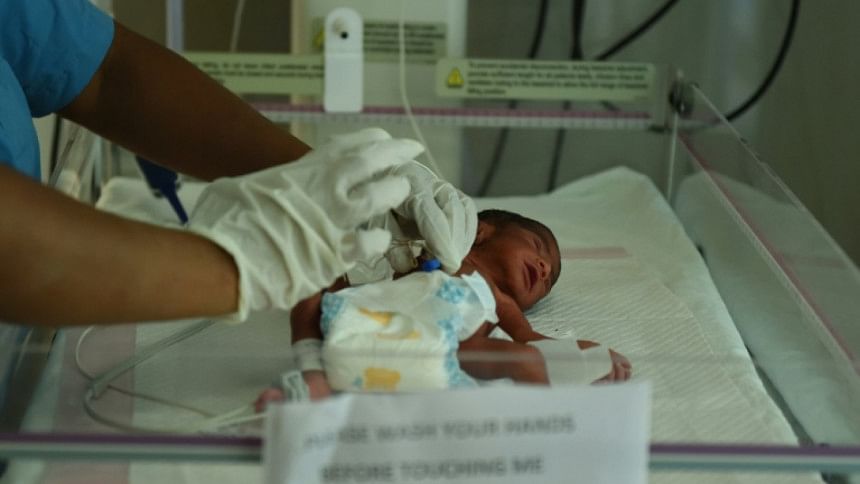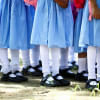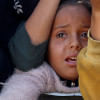15,000 infants die from preventable illnesses every day: UN

Despite a dramatic fall in the infant mortality rate, 15,000 children aged under five still die each day around the world from preventable diseases, a UN report said Thursday.
The report warned that because some African and South Asian countries are lagging behind in giving better treatment, more than 60 million young children will die between now and 2030 from illnesses that can be cured.
In 2016, an estimated 5.6 million children died before reaching their fifth birthday, said the UN Children's Fund (UNICEF), the World Health Organisation and the World Bank in the report.
That marks a huge fall from 12.6 million deaths in 1990. But the agencies said the 15,000 under-five deaths each day is still "an intolerably high number".
Pneumonia, diarrhoea and malaria top the list of child killers that can be prevented. But the report said malnutrition, which can leave children more vulnerable to severe diseases, played a role in half the deaths.
Sub-Saharan Africa has the highest infant mortality rate with an average 79 deaths for every 1,000 births in 2016. But India had the highest toll in numbers with more than 850,000 deaths while Nigeria came second at more than 450,000.
India, Nigeria, Pakistan, the Democratic Republic of the Congo, Ethiopia, China and Niger account for half the deaths.
A world summit in 2015 set a target date of 2030 to cut the number of deaths of under fives to less than 25 for every 1,000 births. It is now 41 per 1,000 having been cut from 93 in 1990.
Amid doubts that the target will be reached, the report said more than 50 countries, mainly in Africa, are falling behind in improving access to treatment and medical facilities.
"If current trends continue, over 60 million children under five years of age will die between 2017 and 2030, about half of them newborns," it said.
The report also highlighted the difference between the death rate for boys and girls in some Asian countries.
The number of nations with a significant gender mortality gap has been cut from 19 to 11 between 1990 and 2016.
"In some countries, the risk of dying before age five for girls is significantly higher than what would be expected based on global patterns," said the report, without giving reasons.
"These countries are primarily located in southern Asia and western Asia."
There is a traditional cultural preference for boys in some Asian countries where selective abortions are rampant and males often get preference for medical treatment and food.

 For all latest news, follow The Daily Star's Google News channel.
For all latest news, follow The Daily Star's Google News channel. 








Comments